

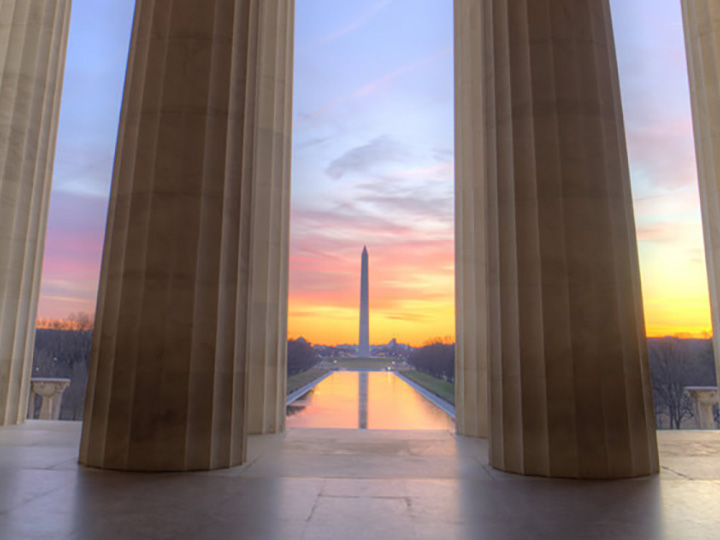


Students
Nationalities
Programs
International Partners
Working Abroad
Global Georgetown
Academic excellence, a DC location, and service to the world are at the core of Georgetown University's global identity. An international community of scholars and students based in the nation’s capital, Georgetown advances the common good through research, teaching, and outreach around global issues.
Featured News
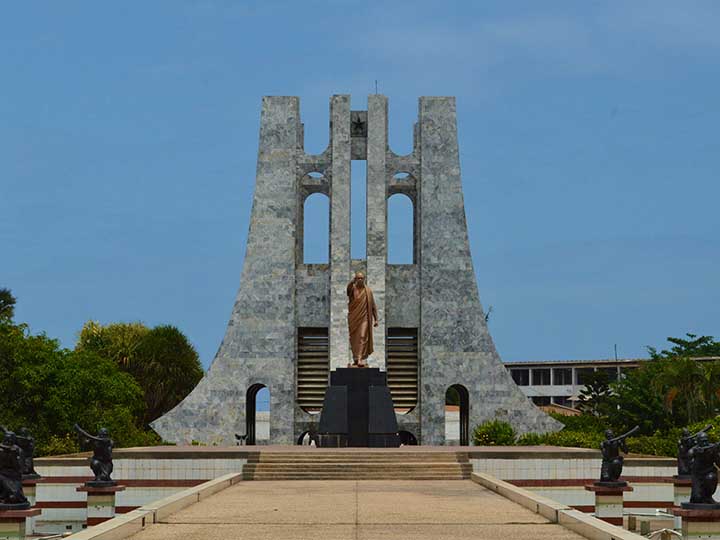
U7+ Alliance Student Challenge Opportunity
Georgetown students, apply now for the U7+ Alliance Student Challenge and be nominated by the Office of the Vice President for Global Engagement to travel to Ashesi University in Accra, Ghana from May 25 to 29.
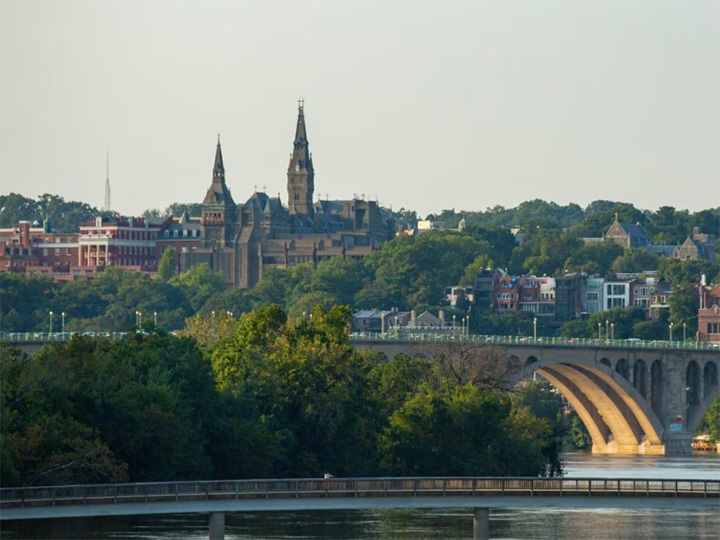
Georgetown Named No. 1 Producer of Fulbright Student Awardees
This year’s cohort includes a graduate student and recent alumni from the School of Foreign Service, the School of Health, and the College of Arts & Sciences, who are researching, studying, or teaching from Japan to Zambia.
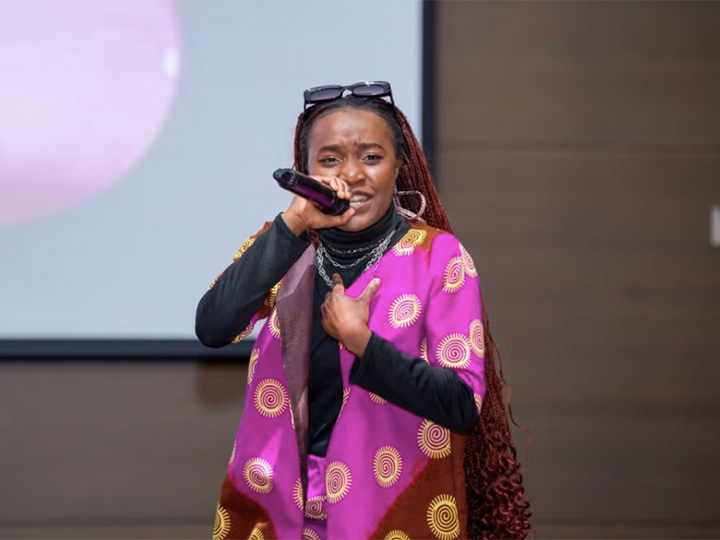
How Musician Jemimah Golo is Centering African Rhythms on Stage and in the SFS Classroom
Jemimah Golo (SFS'26), a senior at Georgetown University in Qatar, performs at cultural nights and student festivals while majoring in culture and politics.

Science Politics Communicates Science, Tech, and Policy to a Broad Audience
Science Politics, a new publication launched by the School of Foreign Service's Science, Technology and International Affairs program, examines how science and technology both shape—and are shaped by—international politics.
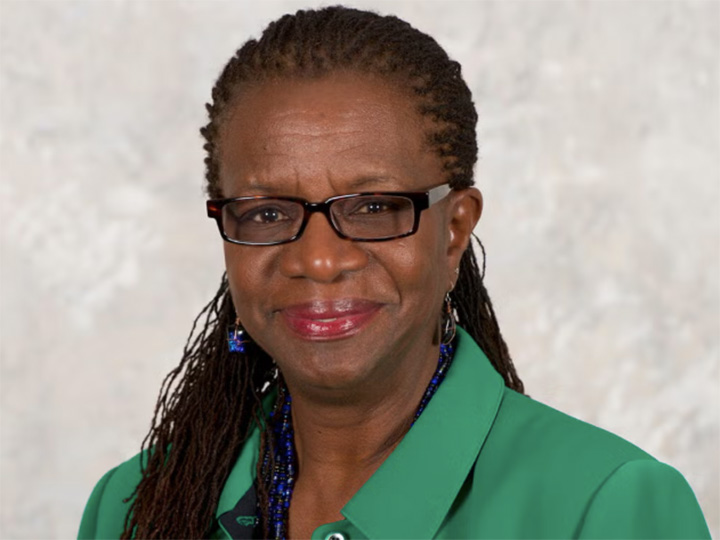
Yearwood Elected President of the Global Alliance for Behavioral Health and Social Justice
Edilma L. Yearwood, professor in the Berkley School of Nursing, assumed the presidency of the Global Alliance for Behavioral Health and Social Justice on January 1, 2026, for a two-year term.

Global Irish Studies Professor Wins Research Prize for Book on Irish History
Darragh Gannon, assistant teaching professor in the College of Arts & Sciences, was awarded the 2025 NUI Irish Historical Research Prize (Special Recognition Prize).

Five Hoyas Win 2026 Schwarzman Scholarship
Five Hoyas have received the 2026 Schwarzman Scholarship, a one-year master’s degree program in China for promising young leaders from around the world.
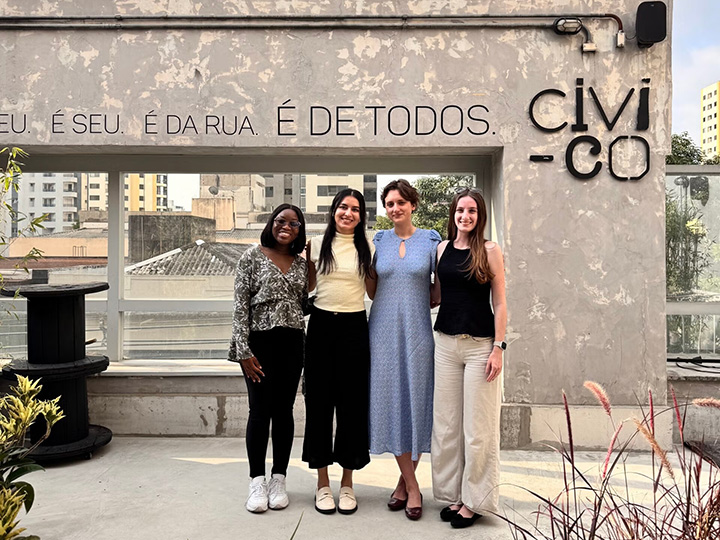
Reflections from Brazil: McCourt Students Strengthen Communities With Evidence-Based Policy Solutions
Students from the McCourt School of Public Policy recently traveled to Brazil to support impact evaluation for local organizations advancing education policy initiatives.

For 10 Years, Students Have Experienced French Life Through the John Carroll Internship
As part of the John Carroll Internship Program offered through the Department of French and Francophone Studies, Georgetown students immerse themselves in the local culture and traditions of the northern French town of Saint-Omer.


